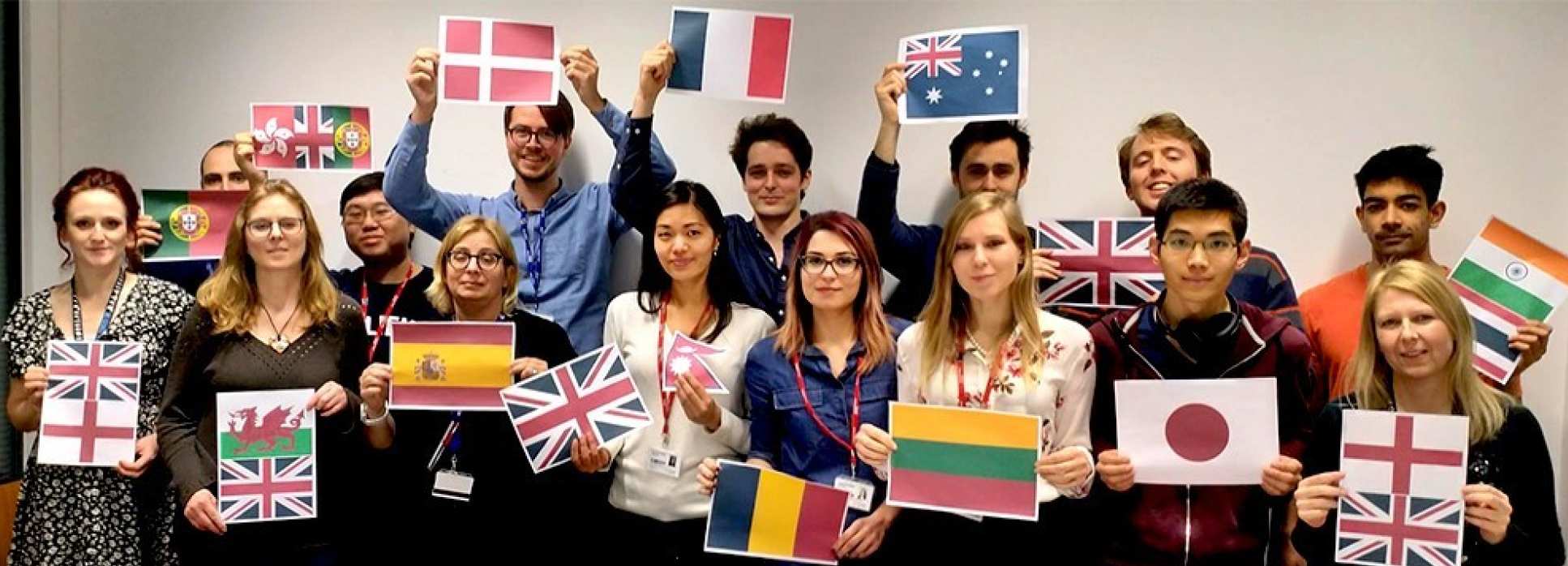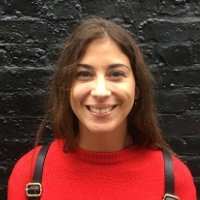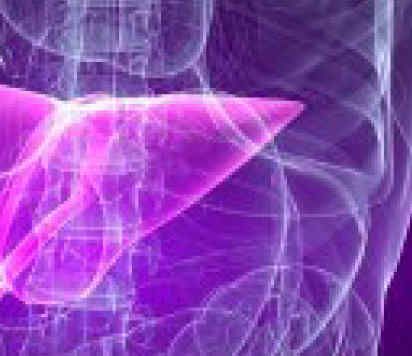
Contact
Group lead
Prof Charlotte Bevan
+44 (0)20 7594 2135
charlotte.bevan@imperial.ac.uk
Twitter: @BevanLab
What we do
Prostate tumour growth is, at least initially, dependent on androgens. Treatment for inoperable disease therefore involves removing circulating androgens and opposing their action using antiandrogens. This is effective initially, but many patients relapse with potentially lethal, metastic "castrate-resistant" disease. Understanding the molecular events that lead to therapy resistance is vital for new therapies to be developed.
Why it is important
Prostate cancer is the second most common cause of male cancer deaths. Currently over 40,000 men in the UK are diagnosed with prostate cancer each year. Our aims are to investigate mechanisms of prostate cancer development and progression, with emphasis on research leading to the development of new therapies or improvement in the application of existing therapies.
How it can benefit patients
Prostate cancer prognosis varies widely – some tumours are never life-threatening while others develop rapidly into lethal disease. Given the severity of side-effects of many drugs and the variation in response, it is important that patients and clinicians can make informed choices about which therapy to us. To facilitate this we are identifying appropriate biomarkers to stratify prostate tumours upon diagnosis, and models to identify potential side effects, as well as novel therapies.
Summary of current research
- Evaluating androgen action in prostate cancer progression and therapy
- Exploiting non-coding RNAs as therapeutic targets and stratification biomarkers in therapy-resistant prostate cancer
- MicroRNA drivers of therapy resistance in Prostate Cancer
- Engineering Novel Repressors for the Treatment of Prostate Cancer
- Nuclear receptor signalling pathways in stratification and therapy for prostate cancer
- A high-throughput and minimally invasive approach for diagnosis and prognosis of Cancer
- 3rd Nuclear Receptors Conference
- EXOPRO Study
- Tumour-microenvironment interactions in metastasis and therapy response
Job opportunities
There are currently two exciting opportunities to work on novel ways to improve treatment options in prostate cancer using synthetic cells! One opening is for a postdoctoral biologist working in our laboratories, and one is for a chemist based in our collaborator's lab at the White City campus.
Connections
Our researchers
Researchers
Professor Charlotte Bevan
/prod01/channel_3/media/migration/faculty-of-medicine/Charlotte-Bevan--tojpeg_1568728704441_x4.jpg)
Professor Charlotte Bevan
Professor of Cancer Biology
Dr Claire E Fletcher
/prod01/channel_3/media/migration/faculty-of-medicine/Claire-Fletcher--tojpeg_1568728791315_x4.jpg)
Dr Claire E Fletcher
Imperial College Research Fellow
Dr Damien A Leach
/prod01/channel_3/media/migration/faculty-of-medicine/Damien-A-Leach--tojpeg_1568728854301_x4.jpg)
Dr Damien A Leach
Research Associate
Dr Joseph Tam
/prod01/channel_3/media/migration/faculty-of-medicine/Joseph-Tam--tojpeg_1568729014864_x4.jpg)
Dr Joseph Tam
BRC Clinical Research Fellow
Anabel Varela Carver
/prod01/channel_3/media/migration/faculty-of-medicine/placeholder--tojpeg_1568729209518_x4.jpg)
Anabel Varela Carver
Teaching Fellow
Lin Deng
/prod01/channel_3/media/migration/faculty-of-medicine/placeholder--tojpeg_1568729152050_x4.jpg)
Lin Deng
Research Associate
Marc Lorentzen
/prod01/channel_3/media/migration/faculty-of-medicine/placeholder--tojpeg_1568729086041_x4.jpg)
Marc Lorentzen
Research Associate
Sue Powell
/prod01/channel_3/media/migration/faculty-of-medicine/placeholder--t_1568728934419_x2--tojpeg_1570802594583_x4.jpg)
Sue Powell
Senior Research Assistant
Dr Rayzel Fernandes
/prod01/channel_3/media/migration/faculty-of-medicine/holding-png-tojpeg-1564655919889-x2_1613146036201_x4.jpg)
Dr Rayzel Fernandes
Research Associate in Advanced Prostate Cancer
Dr Sheba Jarvis
/prod01/channel_3/media/migration/faculty-of-medicine/placeholder--tojpeg_1568728934419_x4.jpg)
Dr Sheba Jarvis
Clinical Research Fellow

 Sharmila Rana (with Hector Keun), PCUK student - MicroRNA networks in prostate cancer.
Sharmila Rana (with Hector Keun), PCUK student - MicroRNA networks in prostate cancer. Theodora Constantin, MRC and President’s Award student - Transcriptional inhibition as a therapeutic approach in prostate cancer.
Theodora Constantin, MRC and President’s Award student - Transcriptional inhibition as a therapeutic approach in prostate cancer. Tom Pataillot-Meakin, Cancer Research UK Centre student ((with Joshua Edel, Sylvain Ladame)) - Investigating size profiles of circulating cell-free nucleic acid as a biomarker for prostate cancer and validating hydrogel-filled nanopores as a method for their detection.
Tom Pataillot-Meakin, Cancer Research UK Centre student ((with Joshua Edel, Sylvain Ladame)) - Investigating size profiles of circulating cell-free nucleic acid as a biomarker for prostate cancer and validating hydrogel-filled nanopores as a method for their detection.
